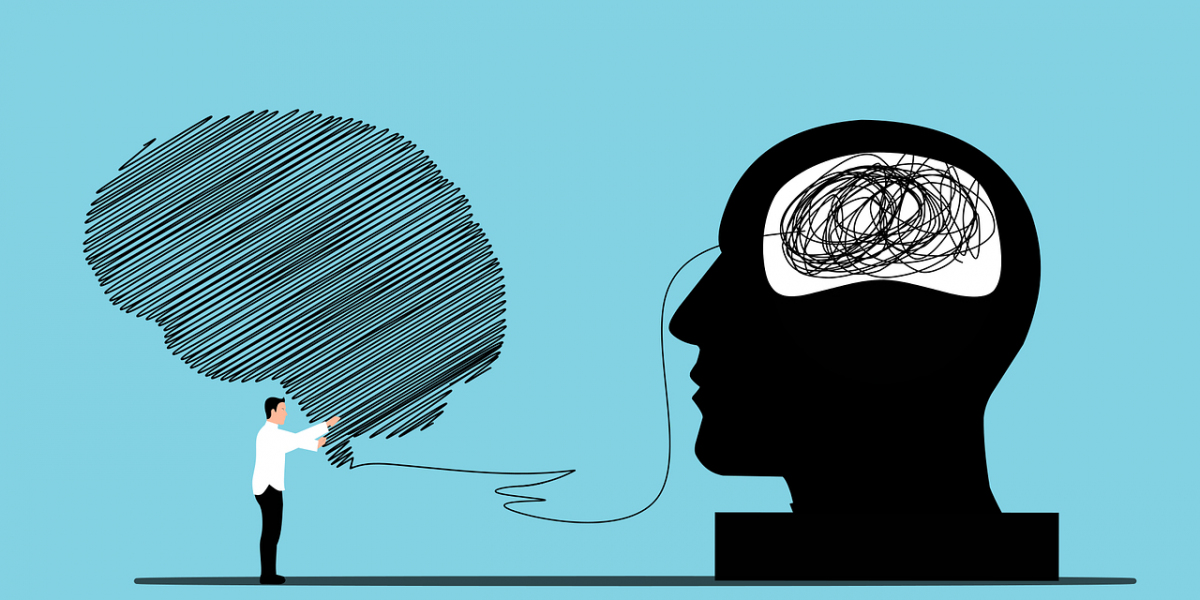Cognitive Behavioral Therapy (CBT) is one of the most effective and widely used psychological treatment approaches for addressing a range of mental health challenges. By focusing on the relationship between thoughts, feelings, and behaviors, Cognitive Behavioral Therapy empowers individuals to identify harmful thinking patterns and replace them with healthier, more constructive ones. Whether used to treat anxiety, depression, trauma, or stress-related disorders, CBT has proven to be a powerful tool for personal growth and long-term emotional well-being.
Understanding Cognitive Behavioral Therapy
At its core, Cognitive Behavioral Therapy operates on the principle that our thoughts greatly influence our emotions and behaviors. When people develop distorted or negative thought patterns, these perceptions can lead to unhealthy emotional responses and self-destructive habits. CBT works to break this cycle by helping individuals recognize, challenge, and modify these unhelpful thoughts.
Developed in the 1960s by Dr. Aaron T. Beck, CBT combines elements of cognitive therapy (focused on changing thoughts) and behavioral therapy (focused on changing actions). Over time, it has evolved into a structured, evidence-based approach used by therapists worldwide to treat a wide variety of psychological conditions.
How CBT Works
CBT is a goal-oriented, short-term form of therapy that focuses on present-day issues rather than delving deeply into past experiences. A typical CBT program includes weekly sessions where the therapist and patient work together to identify negative thought patterns, analyze their effects, and develop strategies for change.
Here’s how the process typically unfolds:
Identifying Negative Thoughts: The therapist helps the individual recognize harmful beliefs and automatic thoughts that may contribute to anxiety, depression, or other mental health problems.
Challenging Irrational Thinking: Once these thoughts are identified, the therapist teaches the patient how to question and challenge their validity.
Replacing Negative Patterns: Individuals learn to replace destructive thoughts with realistic, positive, and balanced alternatives.
Behavioral Activation: Patients are encouraged to engage in activities that promote positive emotions and healthy habits, reinforcing the new thought patterns.
Through consistent practice, individuals begin to notice improvements not only in their mood but also in how they respond to life’s challenges.
Conditions Treated with Cognitive Behavioral Therapy
One of the reasons CBT is so popular is its versatility. It can be adapted to treat a wide range of psychological and emotional conditions, including:
Depression: CBT helps individuals recognize self-critical thoughts and replace them with more compassionate, empowering beliefs.
Anxiety Disorders: From generalized anxiety to panic attacks and phobias, CBT provides practical tools for managing fears and reducing anxious thinking.
Post-Traumatic Stress Disorder (PTSD): Patients learn to process traumatic experiences and manage distressing memories in a safe, supportive environment.
Obsessive-Compulsive Disorder (OCD): CBT teaches coping mechanisms for managing intrusive thoughts and compulsive behaviors.
Eating Disorders: By addressing distorted beliefs about body image and control, CBT aids in the recovery process for individuals with eating disorders.
Substance Use Disorders: CBT helps individuals identify triggers, challenge cravings, and develop healthier coping strategies.
Additionally, CBT has been shown to be effective in managing insomnia, relationship conflicts, anger issues, and chronic stress.
Benefits of Cognitive Behavioral Therapy
CBT stands out from other therapeutic approaches due to its practical, solution-focused nature. Here are some of the key benefits:
Evidence-Based Effectiveness: Numerous studies confirm CBT’s success in reducing symptoms of mental health disorders.
Skill Development: CBT equips individuals with coping tools that can be used throughout life.
Short-Term and Structured: Many people experience significant progress within just 12 to 20 sessions.
Empowerment: Patients learn to take control of their own thought processes and emotions.
Flexibility: CBT can be conducted individually, in groups, or even through online therapy programs.
CBT doesn’t just focus on symptom relief it promotes long-term change by reshaping the way people think and behave in everyday life.
The Role of the Therapist in CBT
The relationship between therapist and client in Cognitive Behavioral Therapy is collaborative. Unlike traditional forms of therapy where the therapist leads the discussion, CBT encourages active participation. The therapist serves as a guide, helping clients understand the connection between thoughts and behaviors, while empowering them to take charge of their mental health.
Homework assignments, journaling, and real-life practice are common components of CBT, ensuring that progress continues outside of therapy sessions. This hands-on approach helps individuals internalize the strategies they learn and apply them to real-world challenges.
Combining CBT with Other Treatments
While CBT can be highly effective on its own, it’s often combined with other treatments for enhanced results. For example, individuals struggling with severe depression or anxiety may also benefit from medication alongside CBT. Additionally, holistic approaches such as mindfulness, meditation, or physical exercise can complement CBT by promoting relaxation and emotional balance.
Final Thoughts
Cognitive Behavioral Therapy is more than just a treatment it’s a pathway to personal transformation. By teaching individuals to identify and change self-defeating thoughts, CBT empowers them to take control of their emotions and behaviors, leading to a more positive and fulfilling life. Whether you’re struggling with anxiety, depression, or everyday stress, CBT offers practical tools and lasting strategies to help you thrive mentally and emotionally. With the right guidance and commitment, the power to change truly begins within your own mind.














